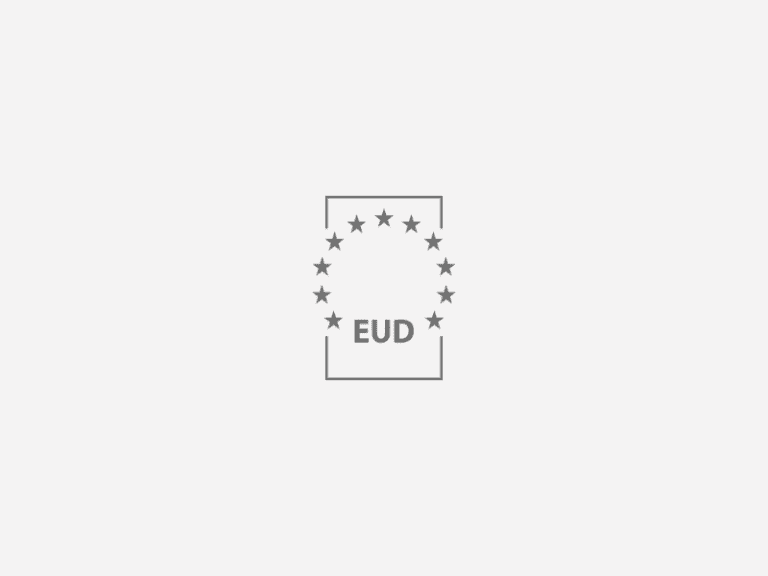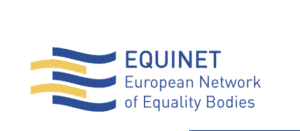The current Greek Presidency 2014 is running from January – June 2014 and is the last of the trio, following Ireland and Lithuania. Greece is holding the Presidency for the 5th time after its accession to the European Union in 1981. It will be an important time not only due to the upcoming European Parliament and European Commission President elections and the number of dossiers that require a strong Greek Presidency to be finished on time. The EU Presidency is a rotating system among all EU Member States (28 countries since 1 July 2013) and changes every six months. The Member State presently holding the Presidency is the Chair of the Council of the European Union and is responsible for driving forward negations and fostering agreement on certain topics.
The Lithuanian Presidency had pledged to ‘seek progress’ regarding the stalled proposal for a Council Directive on implementing the principle of equal treatment between persons irrespective of religion or belief, disability, age or sexual orientation (‘Anti-Discrimination Directive’). EUD strongly encourages the Hellenic Presidency to not merely ‘examine’ the proposal but move it forward and achieve its adoption under its mandate.
In particular, EUD also urges the Greek Commission to move forward with the legislative proposal regarding the accessibility of public sector bodies’ websites that was published as early as December 2012 and will be debated and voted in plenary in February II. The Greek Presidency must make this file a priority and ensure that the European market can stay competitive and become accessible to all consumers, including disabled citizens. With the ratification of the UN Convention on the Rights of Persons with Disabilities (UNCRPD), the first human rights instrument of the 21st century, the EU has placed itself under an obligation to implement measures that aim at facilitating the access of persons with disabilities in all areas. A key area, also in view of economic competitiveness and realisation of EU citizenship rights, is the accessibility of websites, as outlined in the legislative proposal mentioned above. With the upcoming elections, it is crucial that the EU displays strong support for all its citizens and voters, restoring faith in the European project by including also the most vulnerable.
EUD regrets that the Greek Presidency has not given this file a more prominent role in its published priorities and EUD strongly supports measures that enable Deaf sign language users and hard of hearing website users to have full access to information in sign language and by means of subtitling. The right to public information, in particular the right to information regarding health and consumer safety, is enshrined in the Treaties. The Commission, as the guardian of the Treaties, has made its proposal and it is now the responsibility of the Council in co-operation with the Parliament to ensure that all its citizens can enjoy the right to information.
EUD, as the only European-level organisation representing Deaf sign language users, is very much in favour of a strong directive regarding the accessibility of public sector websites and will continue to put pressure on the Council, and in particular the Greek Presidency, to achieve an accessible Europe for all.
Papildu saites:
Greek Presidency website:
http://gr2014.eu/
Programme of the Hellenic Presidency:
http://gr2014.eu/sites/default/files/gr%20pres%20programme_teliko_15.1.2014_0.pdf
Accessibility of Public Sector Bodies’ Websites:
http://www.europarl.europa.eu/oeil/popups/ficheprocedure.do?lang=en&reference=2012/0340(COD)
Anti-Discrimination Directive Proposal:
http://eur-lex.europa.eu/LexUriServ/LexUriServ.do?uri=CELEX:52008PC0426:en:NOT
Trio Programme:
http://register.consilium.europa.eu/pdf/en/12/st17/st17426.en12.pdf
EUD priorities Lithuanian Presidency (IS and English):












